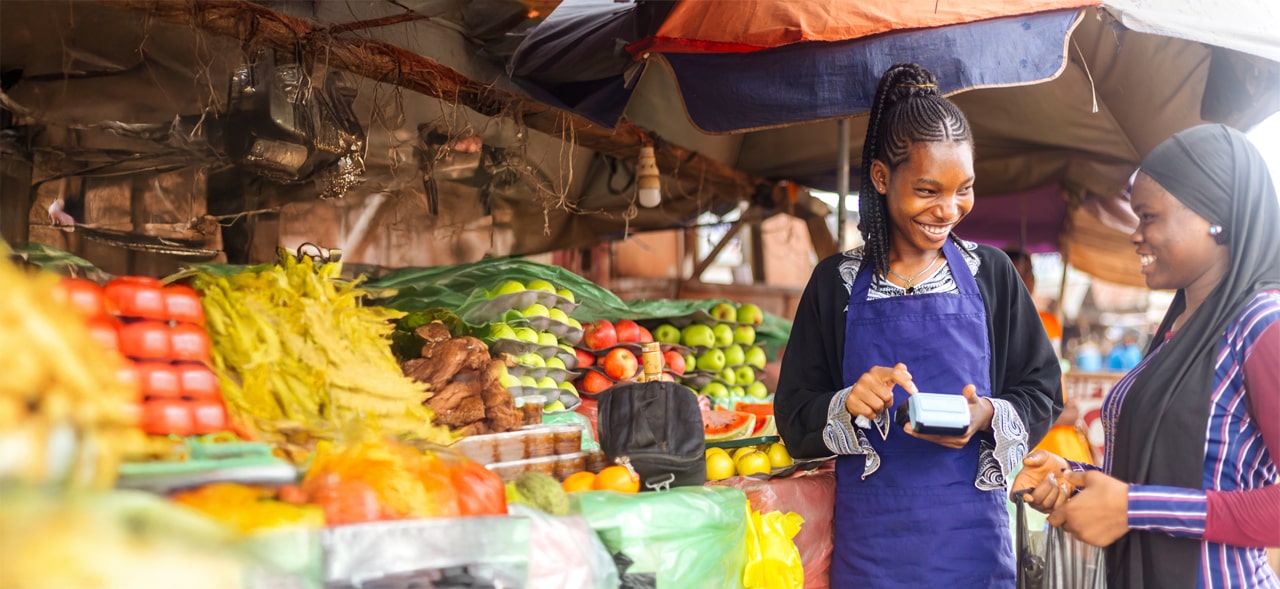
Women-led micro and small enterprises (wMSEs) in Kenya’s open-air and cross-border markets face constant barriers in accessing and using digital financial services (DFS). These include limited access to tailored financial products, inadequate digital infrastructure, and restrictive gendered social norms.
To address these challenges, MSC implemented an action research program to identify practical pathways to increase DFS adoption among wMSEs. The project sought to uncover how digital financial solutions could meaningfully improve women entrepreneurs’ economic and financial lives in these informal trade environments.
In collaboration with financial service providers, MSC built and tested use cases that highlighted the potential of digital solutions such as savings, credit, payments, and insurance, for wMSEs. We pilot tested and refined products to generate practical insights for scale-up. As a result, one partner is now pursuing regulatory approval to launch DFS products tailored to this segment, while another has successfully rolled out cross-border payment services based on MSC’s findings.
This project supports the Bill & Melinda Gates Foundation’s Financial Services for the Poor (FSP) vision of improving women’s access to and usage of DFS by 2030. The insights help FSP refine its investment strategy and shape future interventions that expand financial inclusion for women entrepreneurs.
The Bill & Melinda Gates Foundation commissioned this project.
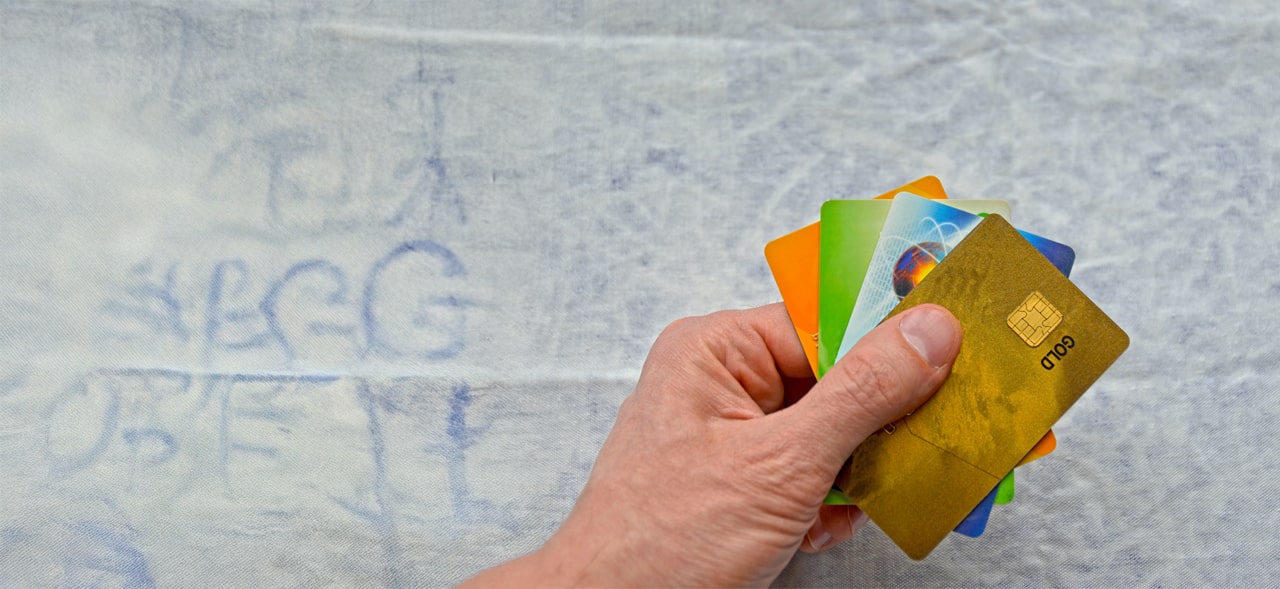
MSC conducted a scoping study to provide the Bangladesh Bank with relevant insights to support the cashless agenda and build strategies to achieve targets in the Smart Bangladesh Plan 2041.
MSC used the Payment-Ecosystem Profile Framework (PEFP) to assess Bangladesh’s economic and digital activities thoroughly, through the lens of the country as a microcosm in terms of digital readiness, inclusivity, infrastructure, literacy levels, and the availability of digital channels. We used rigorous secondary data analysis and qualitative methods to identify and profile distinct customer segments within the microcosm.
We conducted stakeholder consultations, including workshops and focused group discussions, which played a pivotal role to shape pilot initiatives tailored to the Bangladesh Bank’s solutions. We facilitated a pilot on the microcosm to test and refine the identified solutions. We identified detailed insights and actionable recommendations derived from user segmentation, qualitative insights, and pilot testing, all of which contributed to Smart Bangladesh initiatives in Singair.
Based on the pilot result, the Bangladesh Bank can revise or adopt draft policy guidelines, run concept tests, work with relevant departments, and guide the Government of Bangladesh to achieve different aspects of the Smart Bangladesh agenda.
The Gates Foundation commissioned the project.
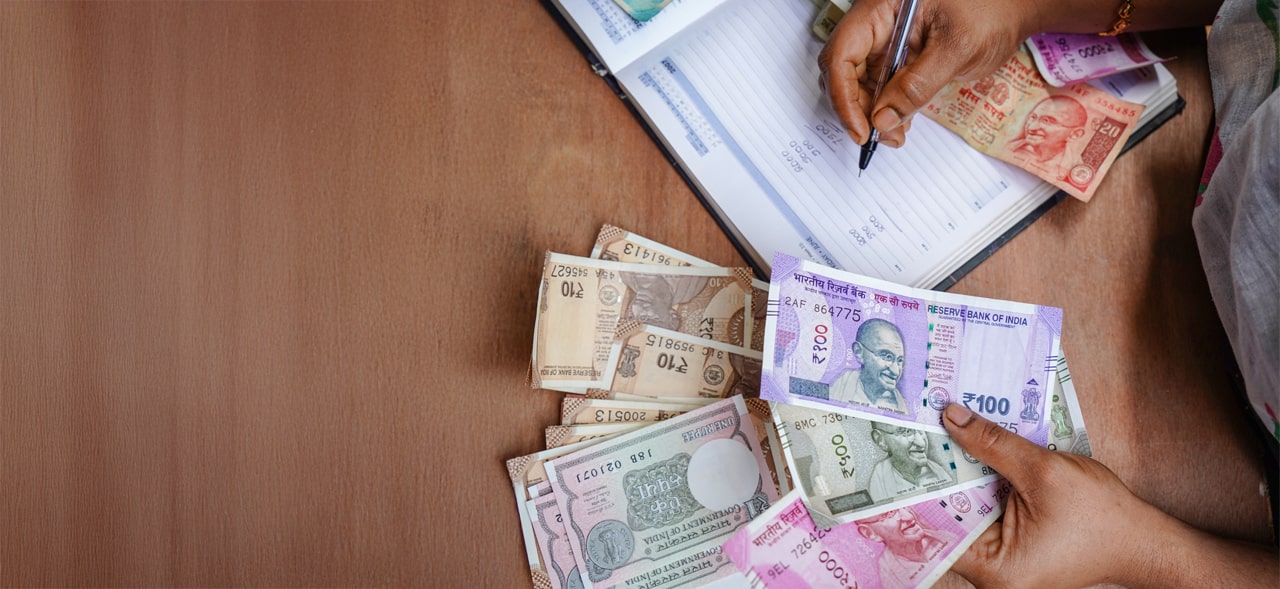
MSC collaborated with NITI Aayog and TransUnion CIBIL to explore women’s participation in India’s retail credit market and shape inclusive financial strategies. The project sought to highlight trends in credit uptake, product preferences, and the growing financial agency among women.
MSC conducted rigorous market research using credit bureau data and secondary sources to analyze borrower segments, identify systemic barriers, and map emerging credit behaviors. We complemented this with qualitative insights to understand demand-side realities and challenges faced by women-led enterprises.
The study found a 22% CAGR in women who seek credit since 2019, with 60% of borrowers from semi-urban and rural areas, and a 42% rise in women self-monitoring their credit. Insights from the study informed actionable recommendations to enhance credit access and support systems for women borrowers and entrepreneurs.
The report was commissioned by NITI Aayog and TransUnion CIBIL.
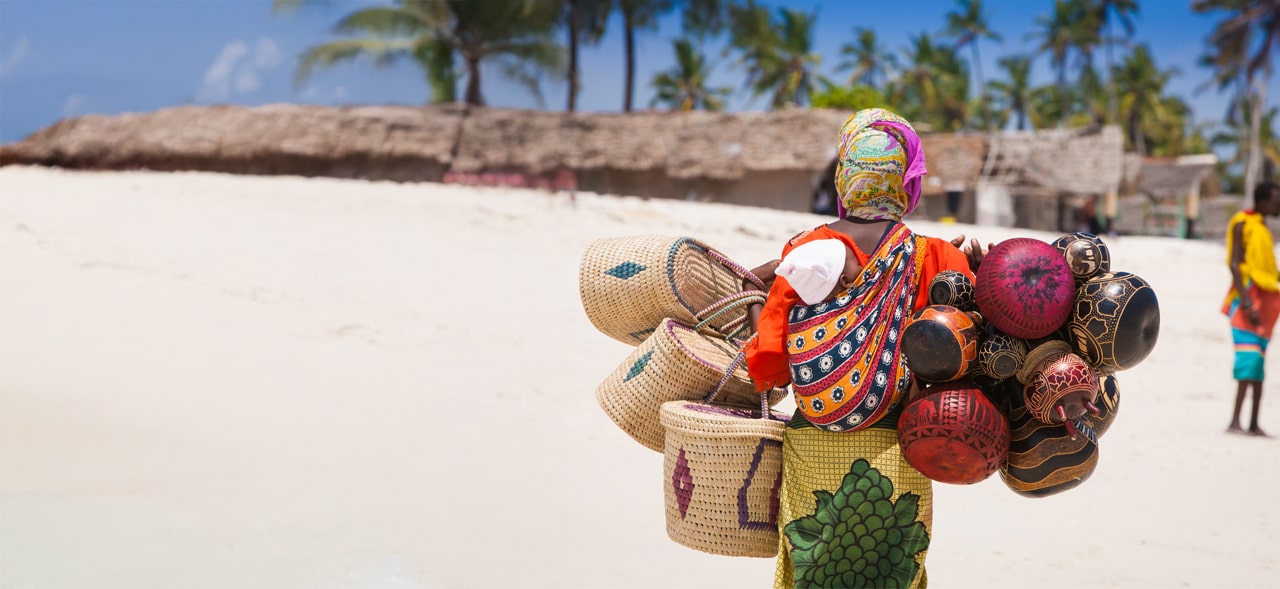
Women-owned microbusinesses (wMBs) play a pivotal role to drive economic activity, job creation, and community resilience across emerging markets. While these markets now see a rise in women’s entrepreneurial participation, wMBs often continue to face entrenched barriers, which range from restrictive gender norms and limited digital infrastructure to poor access to finance.
MSC assessed the landscape of wMBs across 17 emerging economies in Asia, Latin America, and Africa and designed a contextualised financial health framework tailored to their needs.
We conducted secondary research to identify trends, analyzed learnings from the literature review, and collected data to understand recurring themes. This included key economic, financial, and policy indicators relevant to the financial health of wMBs. We then conducted country-level findings, which were further strengthened by a committee of subject experts to ensure contextual relevance. The country-level research fed into the development of the financial health framework and design of recommendations to implement the framework with illustrative examples to improve the financial health of wMBs.
These recommendations are based on the stakeholders, such as the government, financial service providers, and enterprise support organizations. Once implemented, the framework can drive more contextualised financial products, targeted capacity-building programs, and improved risk assessment tools for wMBs. This will eventually impact the lives of wMBs across all emerging markets, which is almost 30% of microbusinesses in emerging markets.
JP Morgan Chase & Co. commissioned the project.
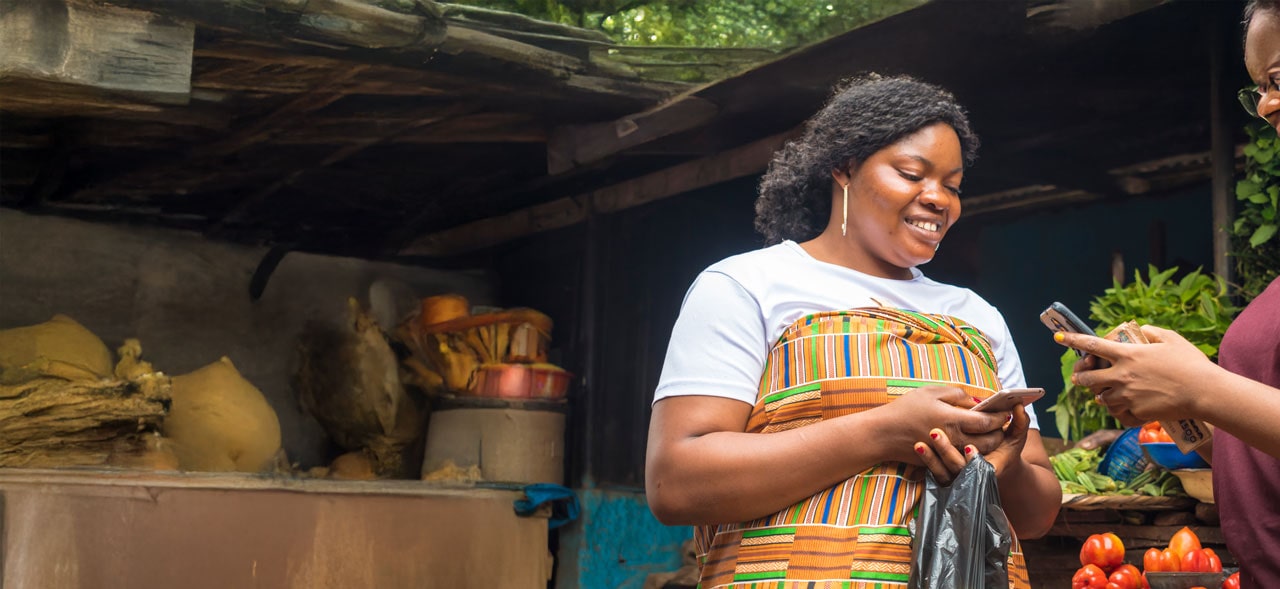
Nigeria’s state governments are seeking to modernize their public financial systems by adopting Digital Public Infrastructure (DPI) that can enhance transparency, efficiency, and accountability. To support this transition, the Nigeria Governors’ Forum (NGF), with MSC as the technical partner, initiated a nationwide program under the Digital Domestic Resource Mobilization (DDRM) initiative. The goal is to equip states with the tools and systems needed to improve revenue generation and expenditure management through digital transformation.
MSC conducted a diagnostic study across all 36 Nigerian states to assess the current state of their digital public infrastructure and revenue systems. We developed a comprehensive framework to measure digital maturity and used it to identify critical gaps and areas for improvement. MSC led collaborative learning workshops and webinars to engage state officials, foster peer learning, and drive adoption. Based on the diagnostic findings, we designed structured implementation roadmaps and will provide tailored technical assistance to each state depending on its digital readiness. Our support includes facilitating high-level political advocacy, enabling multi-stakeholder collaboration, and offering hands-on technical guidance throughout the DPI adoption process.
The initiative is helping Nigeria’s state governments strengthen their revenue systems and improve the efficiency of public spending. By advancing digital maturity, the program enhances financial accountability and promotes better governance. The project also expands access to more responsive and data-driven public services, laying the groundwork for long-term improvements in public financial management. Knowledge-sharing events organized by MSC will further drive adoption and build a community of practice across the country.
The Gates Foundation commissioned the project
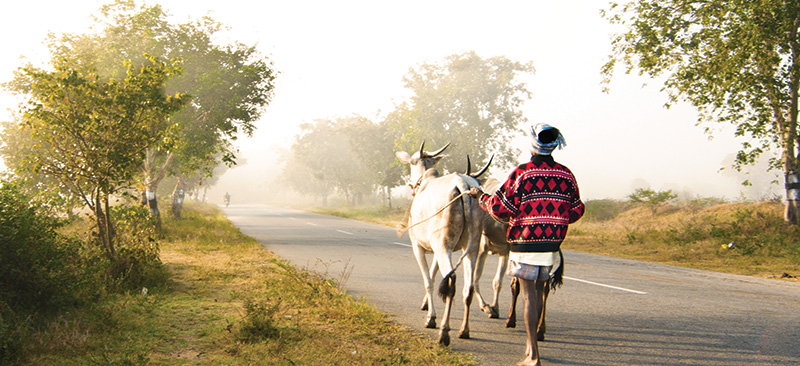
The Indian government launched the Pradhan Mantri Gram Sadak Yojana (PMGSY) in 2000 to improve rural connectivity across India. MSC was commissioned to design smart solutions that offered better ways to improve program delivery and capacity on the ground, particularly for the project’s physical and financial management. MSC supported the National Rural Infrastructure Development Agency (NRIDA) to implement a new range of emerging IT solutions.
MSC conducted a detailed diagnostic and designed a three-component intervention to implement a smart payments framework in the scheme:
- Smart payment engine (SPE): The proposed SPE would be a module that will run if-then-else algorithms in the backend. It would use available inputs in electronic form and any other payment conditions to automate entitlement calculation and payment disbursement.
- E-measurement book (eMB): The proposed eMB would be part of the modular architecture to enable data entry at source by contractor and rules-based processing. The eMB would aid in the inspection of compliances by the Program Implementation Unit’s engineering staff and align with the needs of the online management, monitoring, and accounting system (OMMAS). It could take data inputs directly in real time from the field.
- Single project registry (SPR): The proposed SPR would be a reference data repository based on the Single Source of Truth principle. It would have a data push and pull facility to enable access to real-time information to and from other applications.
The project would create transparency across the system to bring accountability to the program’s last-mile expenditure management. It would enable key decision-makers to better observe project site data, trace fund flow, and monitor the program in real time.
The National Rural Infrastructure Development Agency (NRIDA) commissioned the project.





